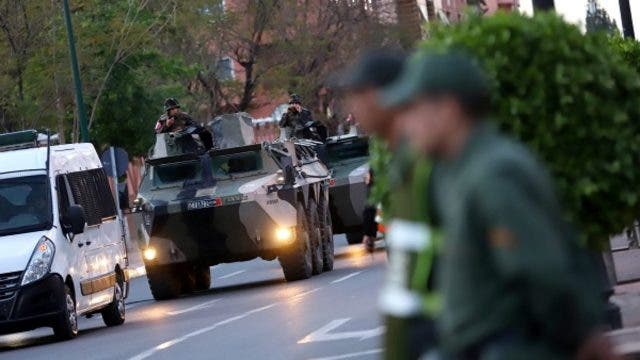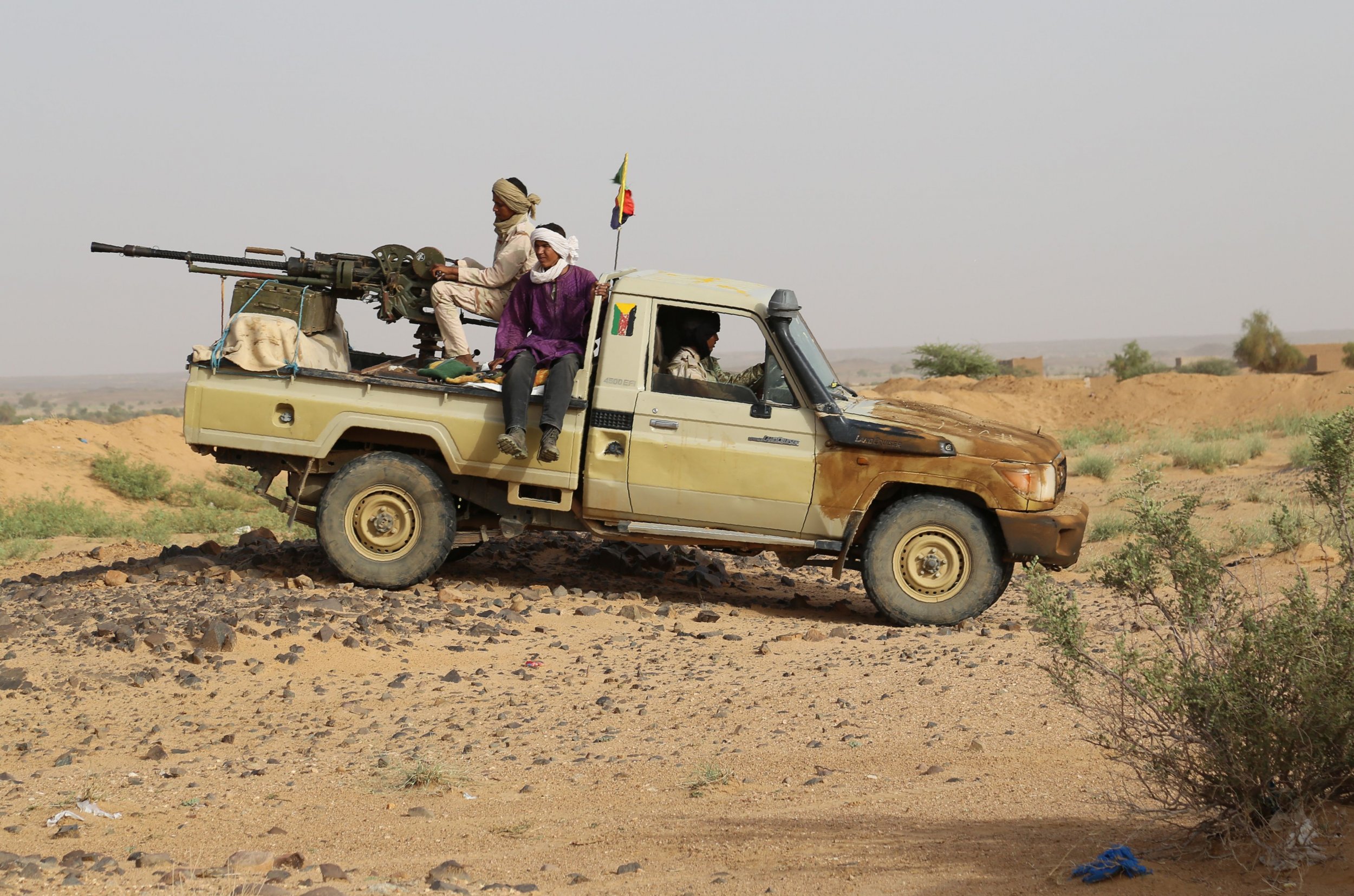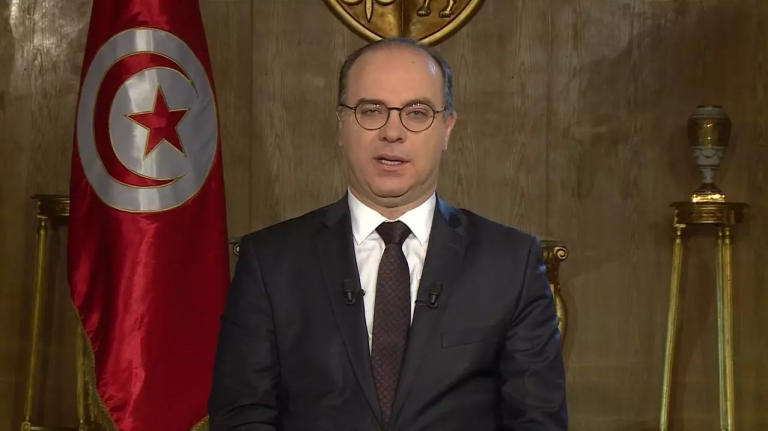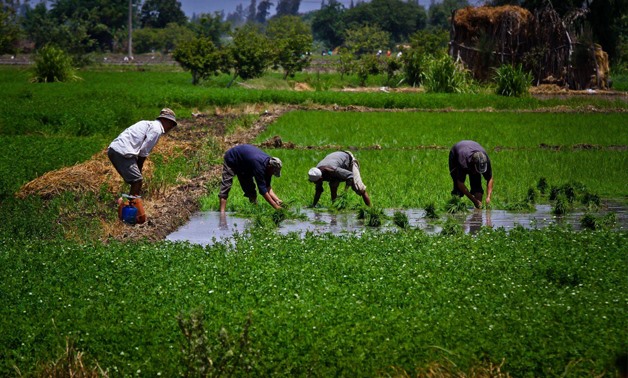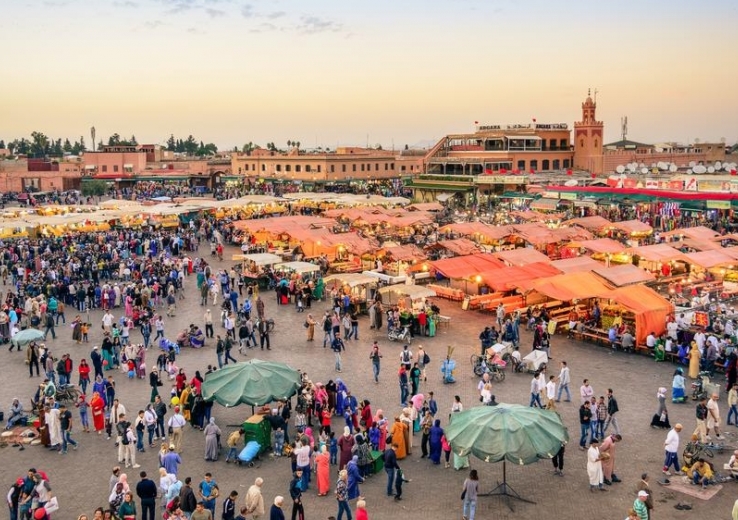There is hope at the end of the tunnel for Moroccans, after the government said it will begin gradually lifting the country’s three-month-long COVID-19 lockdown. The entire country will remain under a “sanitary state of emergency” but some restrictions will be lifted from Thursday, based on the number of infections in each prefecture or province.
In an exciting economic development for the North African country, commercial, industrial, and artisanal/handcrafts activities, as well as small businesses and weekly markets, are all authorized to reopen under the first stage of Morocco’s de-confinement plan. As for other measures, the country has been split into two zones with differing restrictions based on their COVID-19 case-load, Morocco’s Ministries for the Interior and Health announced on June 10.
From June 11, residents in “Zone One,” which includes tourist hot spots such as Agadir, Dakhla, and Chefchaouen will once again be able to move freely without a permit, exercise outdoors alone, access public areas (beaches, parks, gardens) and visit hair and beauty salons. Public transport will recommence at 50% of normal capacity, while other “state of emergency” conditions including a ban on gatherings of any size and compulsory mask-wearing will remain in place.
There will be little change to the confinement conditions for residents in “Zone Two,” which includes major populations and COVID-19 hotspots Rabat-Sale, Casablanca, Marrakech, Fez and Tangier. Residents will still require permission to move about for anything but essential purposes, businesses must close by 8 p.m., and public transport will operate at half capacity, as in Zone 1.
Cafes and restaurants (excluding takeaway and delivery), hammams, cinemas, theaters, and mosques must all remain closed until further notice. The country only reported 18 new COVID-19 cases on Tuesday, taking Morocco’s total number of cases to 8,455.
Erdogan Eases More Restrictions
Turkey, meanwhile, has seemingly entered the final stages of COVID-19 control measures. On Tuesday night, President Recep Tayyip Erdogan lifted the stay-at-home order on people over 65 and children under 18 years, one of the few remaining virus curbs in place. After a large initial outbreak, case numbers have slowed and Turkey lifted most coronavirus controls, such as those on intercity travel, dining-in at restaurants, and accessing public places, on June 1.
Erdogan backed up the latest easing of restrictions with promises to kick-start the economy, and particularly get young Turks back to work by providing “normalisation support” for employers.
“We will support employment for young people under 25 and enable them to get (work) experience,” the strong-man president told national television.
On June 9, Turkey added 993 COVID-19 cases to its tally of 172,000, which includes 4,700 fatalities from the disease.
Read also: Turkey Issues Gulen-Linked Arrest Warrants for Military, Police Officers

